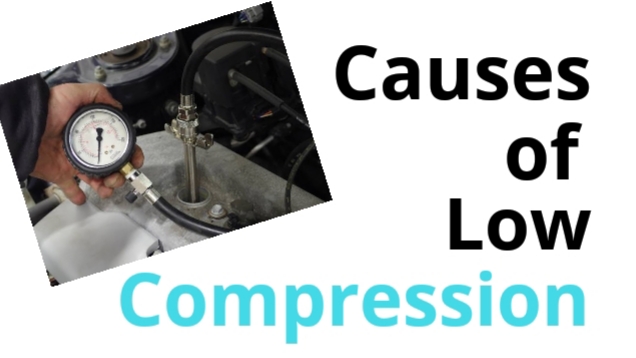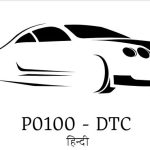Causes of low compression are related to Engine’s malfunction. There are internal components failure by which the engine cylinder loses its compression. Repairing should be as immediate as possible to prevent further damage to the engine.
There are two types of ignition means creating the power inside the cylinder. One is spark ignition and the other is compression Ignition. In a compression Ignition type of engine, the air is compressed with fuel at high temperatures. Every cylinder should have the correct amount of compression to run the engine smoothly.
If the car seems to have low in compression then many adverse driving conditions will be there. You can’t accelerate the car or sometimes, Even it is difficult to start. Therefore You should consider the causes regarding low compression.
1 – Head Gasket failure
Cylinder head and cylinder block are two different parts of the engine. They are perfectly joined with a proper seal. This seal is nothing but the head gasket. If the Head gasket is failed then there is a passage created between head and block and gas starts to leak from there. Head gasket failure is there maybe because of an overheat of the engine. Then the engine loses its compression.
2 – Timing Belt failure
The timing belt is the connecting belt between crankshaft and camshaft. The combustion process is happened because of the timing belt. The timing belt is the main part that drives the camshaft. Due to this, intake and exhaust valves are getting opened and closed so fuel intake and exhaust are regulated in a proper manner.
If the timing belt is bad or worn out then the timing of the intake and exhaust is changed. This results in low compression. Compression is getting failed to build in a cylinder.
3 – Damaged Piston Rings
Piston rings prevent all intake charge and exhaust to pass inside the block of the engine. Piston starts it’s working by moving up and down. There is always some gap between cylinder and piston to produce movement. On the piston body, Piston Rings are arranged in such a way that they provide smooth movement also lubrication, and compression.
If rings are damaged then all the compression is not sum up at the upward movement of the piston. The passage is getting produced around the piston to bypass the compressed gas. This results in low compression at the end.
4 – Piston Damage
Pistons are responsible for making compression within the cylinder. If one of the Pistons is damaged or worn out then it makes more passage or gap within the cylinder and due to this, the maximum amount of intake is taken within which is further impossible to create compression for all intake.
Sometimes, Due to more heat production, piston tends to damage or getting holes on its upper side. So when the piston travels to Top dead center it creates a larger gap and compression gets reduced.
5 – Damaged Valves
Intake and exhaust valves are there in the engine head. They are responsible for the intake charge to come in and exhaust gases to come out. If they get damaged then start to leak out the gas and compression becomes lower in a cylinder.










